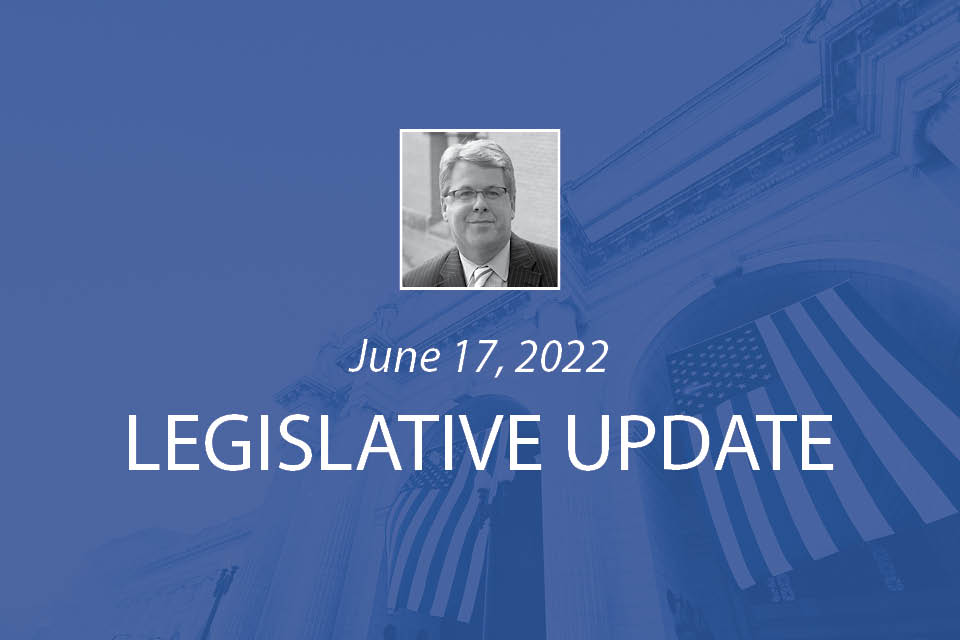The House and Senate have both passed so-called China Competition bills to help situate the U.S. on better footing as it relates to our largest economic competitor. The Senate’s version is the U.S. Innovation and Competition Act (USICA) and the House-passed version is called the America Competes Act—America Creating Opportunities for Manufacturing, Preeminence in Technology, and Economic Strength Act. The latter includes provisions of the bipartisan, bicameral JOBS Act—Jumpstarting Our Businesses by Supporting Students Act. The lubricant for legislative action on Capitol Hill is acronyms, evidently.
ABMA has been communicating with Members of Congress on the conference committee and with House and Senate leadership staff expressing our preference that any final conference committee product include the JOBS Act provisions that are embedded in the House-passed America COMPETES Act.
Background: Under current law, Pell Grants — needs-based grants for low-income and working students — can only be applied toward programs that are over 600 clock hours or at least 15 weeks in length, even though many quality job training programs are shorter term.
The JOBS Act will amend the Higher Education Act to expand Pell Grant eligibility to students enrolled in high-quality job training programs that are at least 8 weeks in length and lead to industry-recognized credentials and certificates. Under the JOBS Act, eligible programs will offer training that meets the needs of the local or regional workforce. Specifically, the JOBS Act will amend the Higher Education Act by:
- Expanding Pell Grant eligibility to students enrolled in rigorous and high-quality short-term job training programs that lead to industry-based credentials and ultimately employment in high-wage, high-skill industry careers;
- Ensuring that students who receive Pell Grants are earning high-quality postsecondary credentials by requiring that the credentials:
- Meet the standards under the Workforce Innovation and Opportunity Act (WIOA), such as meaningful career counseling and aligning programs to in-demand career pathways or registered apprenticeship programs;
- Align with the Perkins Career and Technical Education Act’s program of study definition;
- Are recognized by employers, industry, or sector partnerships;
- Align with the skill needs of industries in the state or local economy; and,
- Are approved by the state workforce board in addition to the U.S. Department of Education
- Defining eligible job training programs as those providing career and technical education instruction at an institution of higher education, such as a community or technical college that provides:
- At least 150 clock hours of instruction time over a period of at least 8 weeks;
- Training that meets the needs of the local or regional workforce and industry partnerships;
- Institutional credit articulation so students can continue to pursue further education in their careers; and,
- Students with licenses, certifications, or credentials that meet the hiring requirements of multiple employers in the field for which the job training is offered.
Negotiations on a final conference product are expected to continue throughout the summer. ABMA will continue to be engaged in the process and will keep you apprised of developments.




